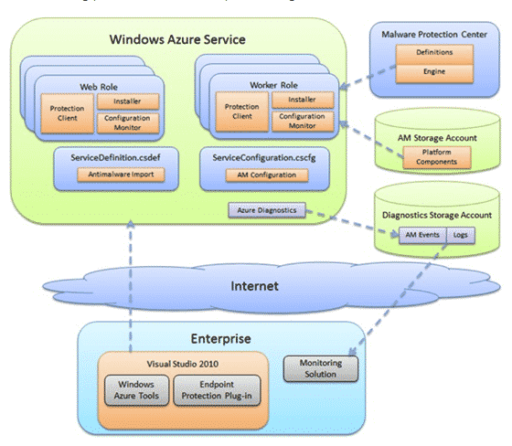If a company makes a product, or an author writes a book, they have a right to sell it by themselves and therefore, are legally aided in this through the first-sale doctrine. However, once you’ve bought a product and want to resell it, that is the consumer’s right and not that of the company which produced the product. This right is now being questioned in a case filed with U.S. Supreme Court.
The case that has raised these critical questions is the one between Supap Kirtsaeng and John Wiley & Sons. Kirtsaeng came to America in 1997 to pursue studies at Cornell University. During the course of studies, he had to make use of a number of books published by Wiley.
He realized that the same books cost far less back at Thailand than here at U.S. So with the help of his relatives back home, he was able to purchase cheaper books from Thailand and then resell them at the U.S., allegedly making a whopping $1.2 million in the process.
When Wiley sued him for having done so, Kirtsaeng defended himself through the first-sale doctrine, stating that the company was legally entitled to control only the first sale and none of the subsequent resales.
Now, the Supreme Court has to deliberate on this case and give a ruling which may or may not be in Kirtsaegn’s favor. If the ruling is against him, it can have very large-scale implications. For instance, it may entitle the companies all over U.S. to control the resales of their products and probably get a share of it too. In all, this would make the processing of selling and buying used products extremely cumbersome.
According to a professor at Georgetown University Law Center, “It means that it’s harder for consumers to buy used products and harder for them to sell them. This has huge consumer impact on all consumer groups.”
Courtesy: Market Watch
[ttjad keyword=”portable-hard-drive”]




Women across America are protesting at the SC because they don’t want to lose their God given right to tell their husbands to sell the crp in the garage.